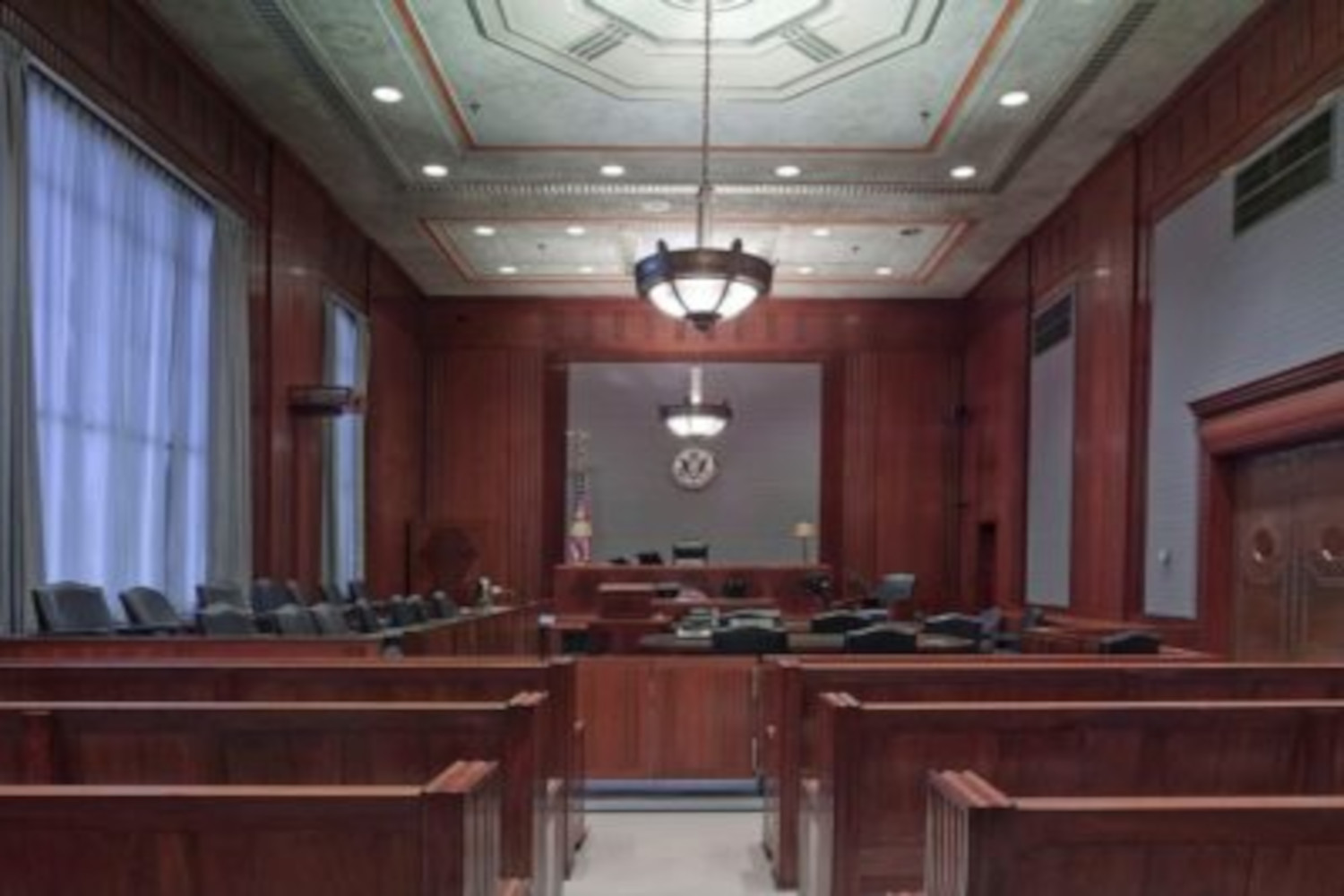The purpose of discovery within litigation is to uncover and ascertain the facts of a matter in order to argue the law based on those facts, and ultimately resolve the dispute before the court. In today’s world, evidentiary facts are often in digital form. The Internet of Things[1] connects common objects in our homes, places of work, and all points in between to the internet as information gathering sources. (Home alarm systems are a great example, which can track who arrives and departs from home and when; assigning distinct codes to each member of a household and sending text messages when the alarm is armed or disarmed.) Further, when people are moving from one place to the next, a large majority carry computers (mobile devices) around with them. For example, our smart phones tell us (and anyone else with access to our device) the best route to take to work and track where we park our cars. We are constantly plugged in, and therefore constantly creating a record of everything we do in what becomes digital/electronic evidence that is relevant if and when litigation arises. For more examples of electronic evidence, consider black boxes in vehicles, sensors, security cameras, home appliances, social media, websites, mobile devices, text messages, voice mail messages, chat history, e-mail, electronic documents and spreadsheets, mobile apps and games, and more. Handling all of this electronic evidence within the context of litigation is called Electronic Discovery (“eDiscovery” or “E-Discovery”).









